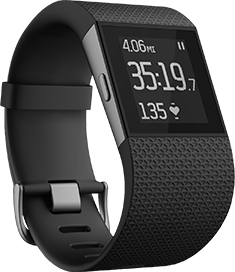 Well, the balance sheet is certainly in good shape.
Well, the balance sheet is certainly in good shape.
Fitbit, the movement tracker and software company, has filed an S-1 with the U.S. Securities and Exchange Commission, indicating its intent to go public on the New York Stock Exchange under the ticker symbol FIT. The company hopes to raise $100 million.
As part of the filing, Fitbit revealed that $132 million in profit on 2014 sales of $745 million. (And remember: this was in a year when its flagship product was recalled.) In 2013, Fitbit lost $52 million on sales of $271 million; in 2012, it lost $4 million on sales of $76 million. The number of devices sold climbed from 1.3 million in 2012 to 4.5 million in 2013 to 10.9 million in 2014.
Note that at a typical wholesale selling price of $50 (not unreasonable given Fitbit’s range of retail price points), device revenues would come to $550 million, more or less. The rest of the money, presumably, is in services revenue: sales of software or web services. A tidy recurring business.
It’s worth noting that the S-1 refers to two classes of stock, only one of which is being offered for sale. Class A stock carries one vote per share; Class B stock (not for public consumption) carries 10 votes per share. The filing does not say how much voting power Class B shareholders will wind up with at the end of the process.